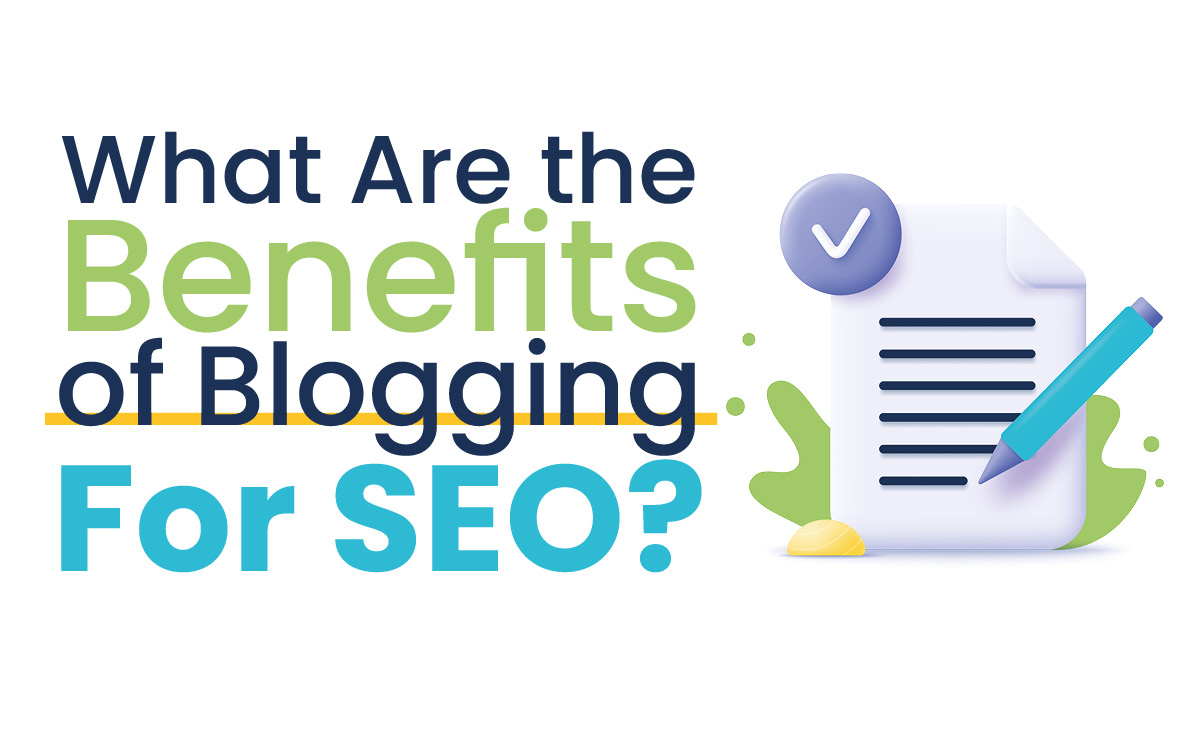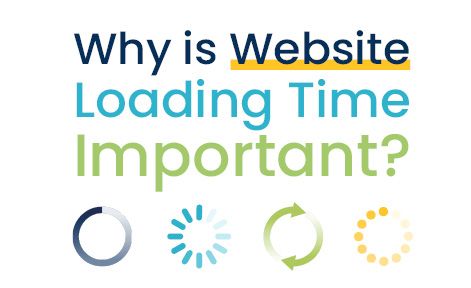
If you have been exploring how to get your website’s content ranked on Google, then you have probably come across E-E-A-T in your research. E-E-A-T is an acronym for Experience, Expertise, Authoritativeness and Trustworthiness, and is a framework that has been used by Google since 2014 to assess the quality of online content. The purpose of this framework is to ensure users receive reliable, high-quality and helpful information in response to their queries.
Despite Google claiming that E-E-A-T is not a direct ranking factor in their search algorithm, understanding and optimising for E-E-A-T has been shown to strongly correlate with SEO success.
So, if you want to give your website an SEO boost and watch your rankings climb, keep reading this blog for our expert advice on how to demonstrate experience, expertise, authoritativeness and trustworthiness in your online content.
More...

Let’s face it: nobody likes to receive negative feedback. In today’s digital world, online reviews are a valuable part of your brand’s reputation, but that doesn’t mean negative reviews are a death sentence for your business. How you respond to negative reviews can actually help to strengthen your relationships with existing customers and attract new ones.
Keep reading for strategies on how to respond to negative reviews without losing customers.
More...

The days are getting longer and the temperature is getting warmer, which can only mean one thing...Spring is upon us! Spring is a great opportunity for ecommerce businesses to push a spring sale, or refresh their marketing strategy for the year as we enter Q2.
So, we've put together a blog full of spring marketing ideas for ecommerce to spruce up your business for spring. Let's get into it...
More...

When you blog for SEO, your main aim should be to create and update a blog that improves your search engine rankings for certain keywords. To do this, you will have to conduct keyword research, build links, optimise images, and write compelling and engaging content.
All of this sounds like a lot of work, so what are the benefits of blogging for SEO?
More...

Website loading time is the time it takes for a website, or a page on a website, to fully load onto a screen. This also includes the content within the page, such as text, images, videos and pop-ups.
More...